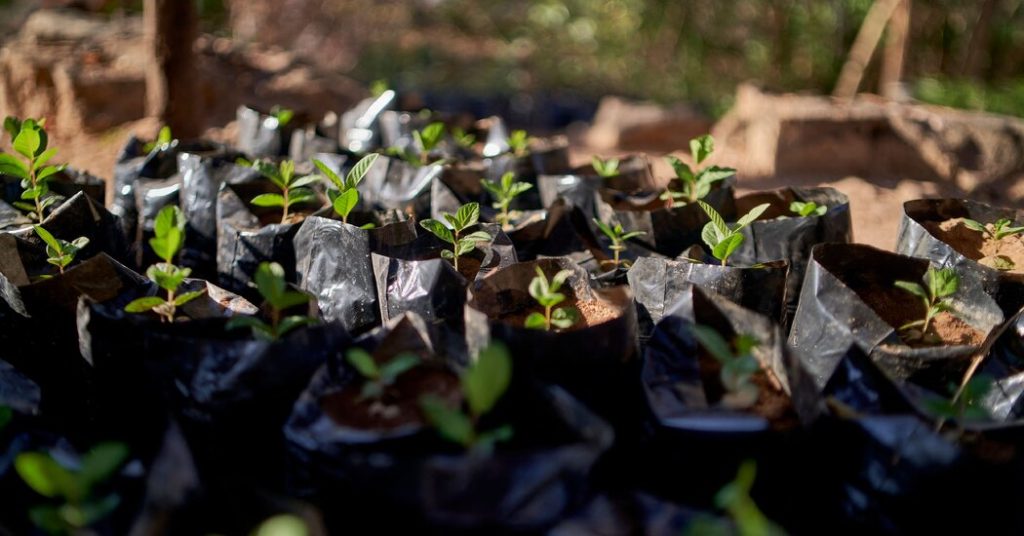The Biden administration recently introduced broad government guidelines regarding the use of carbon offsets in an effort to address criticisms and establish confidence in this method of combating global warming. These offsets are purchased by companies and individuals to offset the carbon emissions generated by activities such as air travel, funding projects such as tree planting in order to remove carbon dioxide from the atmosphere. However, studies have shown that many carbon offsets do not achieve their intended goals, raising doubts about their effectiveness. Some experts argue that companies should focus on directly reducing their own emissions rather than relying on offsets.
The Biden administration’s guidelines aim to define “high-integrity” offsets as those that result in real, quantifiable emissions reductions that would not have occurred otherwise. Treasury Secretary Janet L. Yellen emphasized the importance of voluntary carbon markets in reducing emissions, but acknowledged the need to address existing challenges. The guidelines encourage businesses to prioritize reducing emissions within their supply chains before considering the purchase of carbon offsets. While the guidelines are not legally binding, they are intended to facilitate the expansion of a market for high-quality offsets that actually achieve emission reductions.
Some critics argue that the federal guidelines lack specificity and fail to sufficiently outline what constitutes a high-quality carbon offset project. They also warn that without stricter government enforcement, businesses may continue to purchase ineffective and cheap offsets. Efforts to legislate on this issue have faced opposition, as some believe that stricter regulations could impede funding for conservation projects. However, advocates of carbon offsets argue that by increasing confidence in the market, it can grow to a scale where it becomes a significant tool in tackling climate change.
Advocates of voluntary carbon markets point out that offsets can serve as a source of investment for developing countries that require financial assistance to address climate change. While President Biden has committed to providing significant climate aid to developing nations, limited congressional approval has hindered this effort. John Podesta, Mr. Biden’s senior adviser for international climate policy, emphasizes the potential for voluntary carbon markets to support clean energy deployment in developing countries. In this way, they argue, these markets can help mobilize private capital on a large scale for climate action.
Overall, the debate surrounding carbon offsets remains contentious, with proponents highlighting their potential to contribute to emission reductions and allocate investments to developing nations in need. Critics, on the other hand, question the effectiveness of many carbon offset projects and call for increased government oversight to ensure that only high-quality offsets are traded. The federal guidelines introduced by the Biden administration represent a step towards establishing criteria for “high-integrity” carbon offsets, but further action may be needed to address the challenges and uncertainties surrounding their use.








